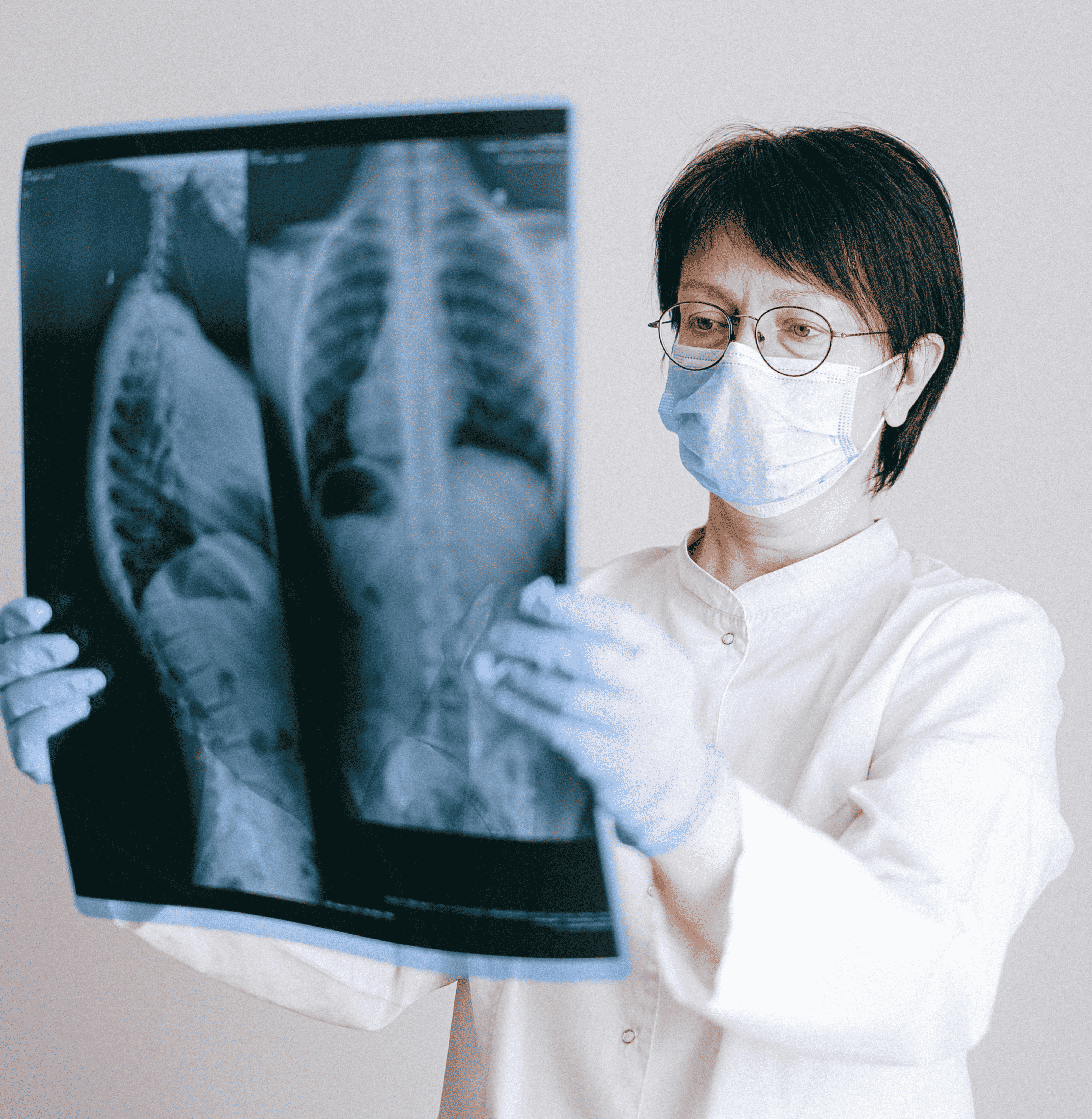
While the search for a vaccine against the SARS-CoV-2 novel coronavirus is in full swing worldwide, virologists have completely different opinions about the chances of finding a cure anytime soon. “Within a few years” to “within a year” to “maybe never” – it all depends on who you ask. The World Health Organization (WHO) currently lists 165 vaccine projects, 26 of which are already being trialed on people.
Six potential vaccines have already proven their safety and tolerability in clinical trials and must now demonstrate in Phase III via thousands of test subjects how effective they in protecting against both the infection and the resulting COVID-19 disease. The Paul Ehrlich Institute (PEI, the body in charge of approving vaccines in Germany) is very confident that at least one of these candidates will be ready for large-scale use by the end of this year.
The coronavirus is not like HIV
“It is very encouraging that a number of vaccine candidates are able to trigger an immune response against the Sars coronavirus 2 in humans,” said the President of the Paul Ehrlich Institute, Klaus Cichutek, to the Redaktionsnetzwerk Deutschland (the Editor Network Germany). “And it is also a good thing that this can be achieved with doses that have been shown to be tolerable.” He anticipates that approvals will be issued as early as the end of 2020 and the start of next year. “Provided the Phase III trial data has a positive outcome.”
In contrast to the HIV virus, which is constantly mutating (something that has so far made the search for a vaccine impossible), the coronavirus is far more stable, stresses Peter Kremsner. He is the director of the Institute of Tropical Medicine at the University of Tübingen, Germany. He heads one of four studies ( also at Hanover and Munich in Germany and Ghent, in Belgium) involving the CV07050101 vaccine candidate from the Tübingen-based company CureVac. “This is not HIV. I firmly believe that it will be possible to develop several vaccines.”
Back to “normal”? – Not for a while
Nevertheless, the researchers firmly put a damper on any hopes that by early next year we might return to a lifestyle like before corona, and be able to forget masks, social distancing, and hygiene regulations. “That large parts of the population will have been vaccinated and subsequently be protected, and that we will actually be able to dispense with public health measures, well, I’d prefer to put it this way: Let’s just hope we can do that next year,” Cichutek says.
In addition, Kremser underlines that approval of a vaccine would not necessarily lead to 100% protection. An efficacy rate of 70% would already be regarded as successful. But he would like to reach at least 80% -“ideally over the course of a lifetime.” Nevertheless, the remaining 20% of people who do not gain immunity after vaccination might also have reason to hope that the disease would at least be milder than if they had not been vaccinated. Although despite the fact that some of the vaccinated monkeys in animal experiments did not fall ill, they would have become infected – and could thus potentially transmit the virus.
At present, the Standing Committee on Vaccination at the Robert Koch Institute, the German Federal Government and the German Federal States are working out plans for distribution. How vaccinations will be rolled out is still unclear as yet. The only thing that seems to be certain, is that people in medical professions and risk groups should be given priority.







